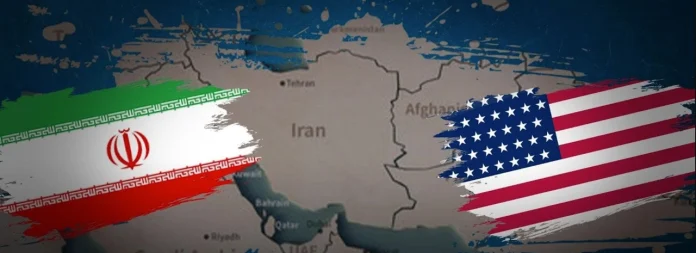Iranian Foreign Minister Abbas Araghchi has arrived in Rome for a second round of indirect talks with the United States over Tehran’s nuclear programme. The meeting follows earlier discussions held last week in Oman.
Iranian state television showed Araghchi stepping off an Islamic Republic aircraft on Saturday morning. He is due to engage in indirect talks with US Middle East envoy Steve Witkoff, with Oman once again acting as a mediator.
The new round of discussions is scheduled to begin at 08:30 GMT in the Italian capital. Both sides are seeking diplomatic solutions to long-standing tensions over Iran’s nuclear ambitions. US President Donald Trump has continued to warn of possible military action if diplomacy does not succeed.
Progress in nuclear negotiations, but disagreements persist
Both sides described last week’s talks in Muscat as constructive. Araghchi, speaking in Moscow on Friday, said an agreement remains possible if the US approaches the talks with realistic expectations. However, Iranian officials have played down speculation about a quick resolution or the immediate lifting of sanctions.
Supreme Leader Ayatollah Ali Khamenei commented that he remains “neither overly optimistic nor pessimistic” about the ongoing discussions.
Trump, speaking to reporters on Friday, stated: “I’m for stopping Iran, very simply, from having a nuclear weapon. They can’t have a nuclear weapon. I want Iran to be great and prosperous and terrific.”
Trump withdrew the US from the 2015 nuclear agreement in 2018 during his first term. He then reimposed heavy sanctions on Tehran. After returning to office in January, he reinstated his “maximum pressure” campaign.
Key issues and Iran’s position
The US is calling for Iran to stop producing highly enriched uranium, which it sees as a step towards nuclear weapons development. Iran insists its nuclear activities are peaceful. It says it is open to negotiating limits in exchange for the lifting of sanctions. However, Tehran also wants firm guarantees that Washington will not abandon another agreement, as it did in 2018.
Since 2019, Iran has exceeded the limits set by the 2015 deal. It has increased uranium enrichment and built up its stockpile beyond what is needed for civilian energy use.
An unnamed senior Iranian official outlined key red lines. Iran will not dismantle its centrifuges, halt enrichment entirely, or cut its uranium stockpile below 2015 levels. It also refuses to discuss its missile programme or other defence capabilities.
Although both sides say they support diplomacy, major gaps remain. Araghchi and Witkoff had a brief exchange at the end of the Muscat round. However, formal direct talks between the two countries have not taken place since 2015. The Rome talks, like those in Oman, will be held through Omani mediators.
Russia, a party to the original 2015 agreement, has offered to help mediate and support any steps that bring Iran and the US closer to a resolution.
